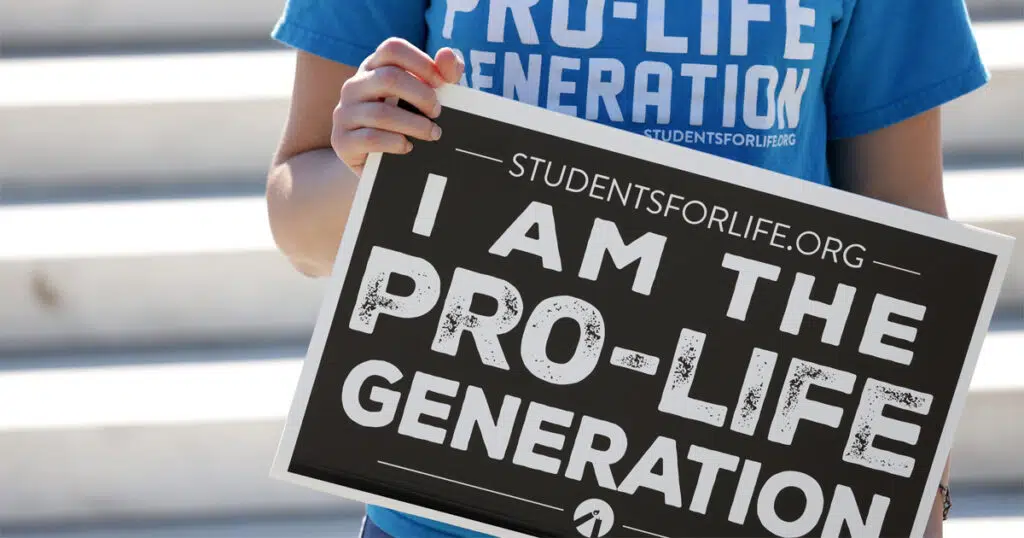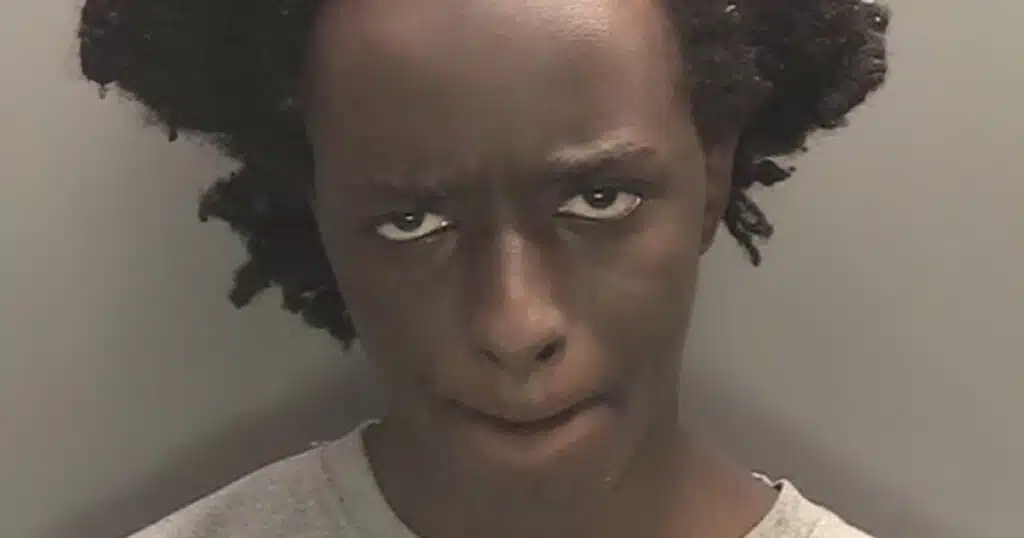
California Religious Coalition Mounts Effort to Defeat Abortion Amendment
Following the United State Supreme Court’s decision in late June to overturn Roe v. Wade in the Dobbs case, a coalition of religious opponents to abortion is fighting a proposition on the California Nov. 8 ballot that would amend the state constitution to include protections for abortion rights.
However, the effort, strongly backed by members of the Catholic Church, is lacking in fundraising and public support.
Not a big surprise in one of the so-called “Top Three” blue states in the country. A recent poll by the University of California, Berkeley Institute of Governmental Studies showed 7 of 10 California voters support the amendment change, along with other abortion protections.
Still, in a typical mid-term election cycle in California, if there ever were such a thing, voters and elected officials alike would be preoccupied with the economy and how to spin any negative numbers to do the least amount of electoral damage. And it still could turn out that way, with the Golden State’s suffering economy, spiking marketplace costs and astronomical gas prices — which, according to the American Automobile Association, just reached an average price of $6.42 per gallon of regular gas, nearly $3 over the national average of $3.82.
But the Supreme Court’s rejection of Roe v Wade emboldened Democrat Gov. Gavin Newsom and his cohorts in the Democrat-dominated state legislature to advance measures that would make California, in Newsom’s words, an abortion “safe haven” for women across the U.S.
In the last days of the legislative session, lawmakers sent 13 reproductive health bills to Newsom for his signature. Collectively, the measures ensure improved access to abortion by removing cost barriers for low-income women — both in- and out-of-state — and protecting medical staff from criminal and civil liability as a result of performing abortions.
The bills resulted from 45 recommendations by the California Future of Abortion Council, which was convened by Newsom in September 2021 to examine reproductive rights.
According to CalMatters, California abortion clinics have already seen a significant rise in out-of-state patients seeking abortion procedures.
With less than a month remaining until mid-term election day, officials across several religious denominations are appealing to their networks of worshipers to spread the word against the abortion measure. Some conservative faith-based political groups are encouraging voters to get their churches involved in the campaign. Churches can advocate for issues, though, due to their tax-exempt status, can’t endorse partisan candidates.
The most has indeed originated from the Catholic Church, which, over the summer started training clergy and parishioners, registering voters and producing educational resources about Prop. 1.
“Every human life, including unborn human life, is against human life and dignity.
“In California this year, voters are faced with a choice to keep abortion law in our state as it is or to vote in favor of a new constitutional amendment that would permanently expand and vastly increase abortions in our state, without doing anything to give vulnerable women a real choice,” the statement continued.
Bishops and other clergy from California’s dozen Catholic dioceses and archdioceses — from Sacramento to Fresno, Monterey and all the say south to San Bernardino — have released videos to speak directly to the faithful, in multiple languages, about their concerns that the initiative would remove all existing restrictions on abortion in the state.
Nearly one in three Californians is Catholic, providing the church what should be an immense platform to use in shifting support away from Prop. 1. But, the poll showing about 71 percent of all California voters favoring the amendment strikes down any spiritual advantage Catholic opposition forces might have hoped for.
Then again, the main opposition campaign to Prop. 1 stresses its coalition is broader than faith-based organizations.
And its arguments against the measure are secular. The campaign dismisses Prop. 1, as a cynical attempt by Democrats to boost voter turnout that is unnecessary to guarantee abortion access in California, where the procedure is already protected by law.
Opponents also raise concerns that the broad language of the initiative (“The state shall not deny or interfere with an individual’s reproductive freedom in their most intimate decisions”) would override all existing restrictions, allowing abortions past the current limit when a fetus is viable outside the womb at around 24 weeks and putting taxpayers on the hook as people come to California from other states seeking to terminate their pregnancies.
Fundraising by the opposition campaign has been trailing significantly.
So the defeat of Prop. 1 may be a long shot dependent on the persuasiveness of faith leaders to mobilize followers from the pews to the polls.
Kathleen Domingo, executive director of the California Catholic Conference, the state public policy office of the church, said Catholic leaders are divided about whether they have a real chance to defeat Prop. 1.
Nonetheless, then church is undertaking a serious organizing effort, she said, because it also presents an opportunity to get more people involved in their regular activities serving needy women, children and families.
“Win or lose, there’s benefit in the process,” she said. “It’s never a bad thing to get people thinking about vulnerable people in their communities.”



